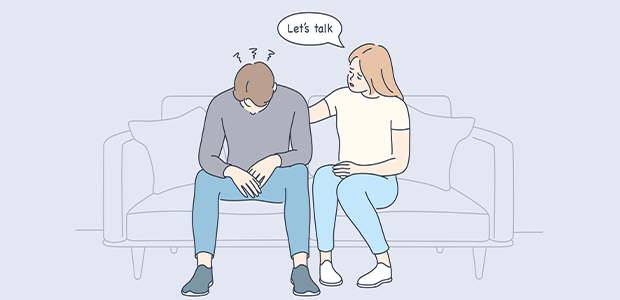
“It’s okay to use the word ‘suicide’,” says RedArc on World Suicide Prevention Day
In light of World Suicide Prevention Day on 10th September 2024, Christine Husbands, Commercial Director at RedArc, emphasises the importance of offering support to those struggling with mental health in order to prevent crises from escalating.
Christine Husbands says: “There is no substitute for professional support when an individual has suicidal thoughts, but anyone could find themselves having an unexpected conversation with a friend, family member, colleague or even a stranger who has mental health problems. There are a few things to keep in mind when offering support, including listening and not judging.”
RedArc highlights several key ways that both individuals and organisations can offer meaningful support:
Listening is crucial
For those facing mental health challenges, being heard can provide immense relief. Asking open-ended questions encourages honest conversation, and it's essential to allow time for the individual to feel comfortable opening up. It's equally important to listen without judgement and take their concerns seriously, no matter how small they may seem.
Don’t avoid the word ‘suicide’
It’s important not to shy away from using the word 'suicide' when addressing someone’s mental health. Contrary to common belief, discussing it openly does not increase the risk but can create an opportunity for honest communication.
Seek professional help
Professional support is a vital next step. This may start with visiting a GP or accessing resources through employee benefits, insurance plans, or other support networks. Mental health services must be clearly communicated so individuals know how to access help when needed.
Prevention is possible
Suicide can often be prevented through timely intervention by trained mental health professionals. These experts can provide guidance, connect individuals with specialised support, and recommend the most effective therapies before situations become critical.
While anyone can offer emotional support to someone in distress, if there is concern for the individual’s immediate safety, it’s essential to involve emergency services without delay.
Christine Husbands concludes: “Nobody should underestimate the importance of reaching out, and the power of listening in.”

